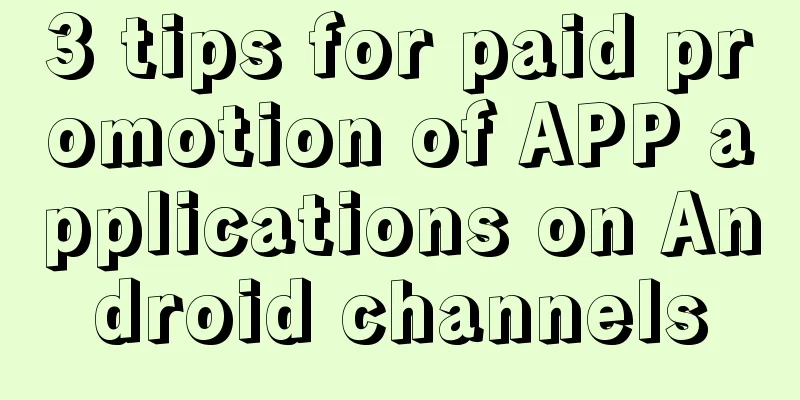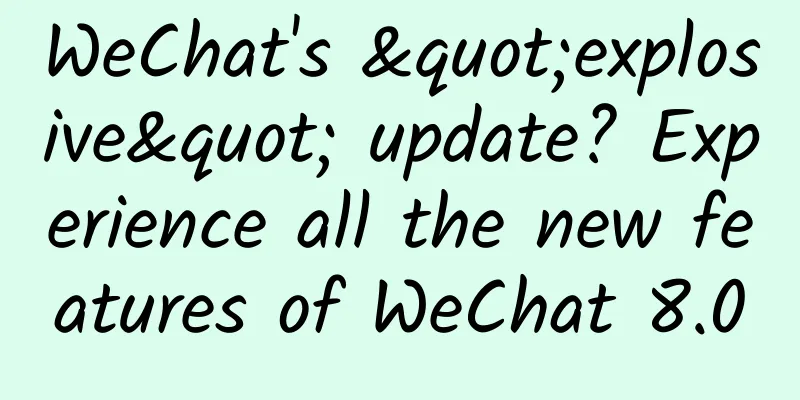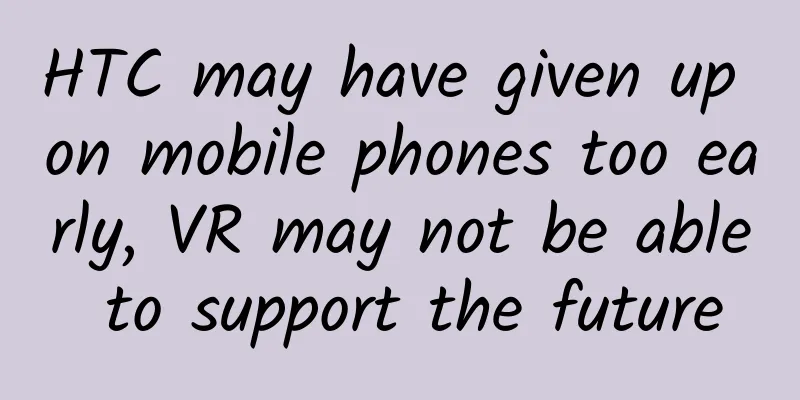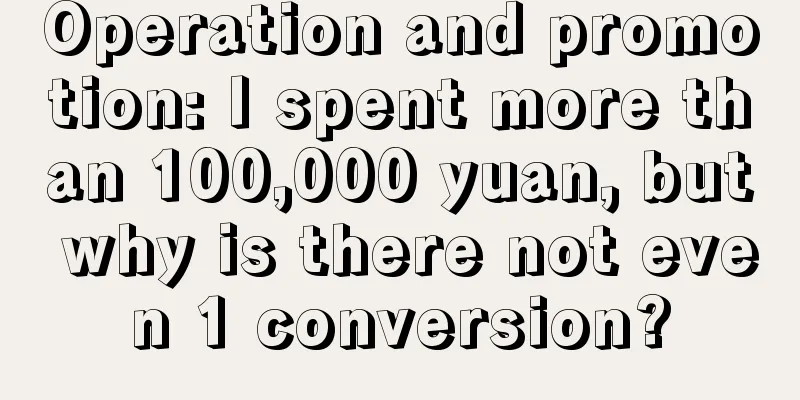Google accidentally releases first 'release candidate' of Fuchsia OS
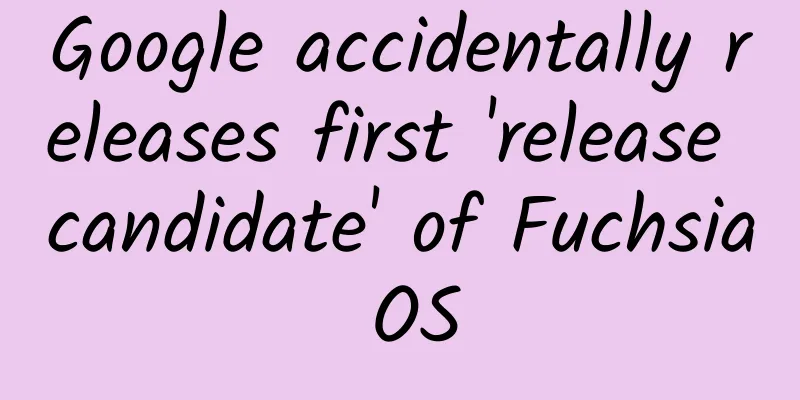
|
Developers have been watching and eagerly awaiting the official launch of Fuchsia, the operating system that Google is developing, but in fact, the company has barely acknowledged its existence so far. Against this low-key background, the operating system has reached its latest milestone - the first "candidate release". Through the Fuchsia code base, a developer noticed a branch named "releases/20190206_00_RC01". From this name we can assume that Google created a "candidate version" on February 6, which seems to stand for "Release Candidate 01", although we are not sure what the two numbers 00 in the middle mean. Why is this version named "release candidate" instead of alpha or beta? Usually according to the software industry development process, the candidate version is the last testing stage before the software is launched, but for Fuchsia OS, which has not even officially acknowledged its existence, there is no indication that any such testing has been completed. Fuchsia OS is still a very early operating system. Just a few months ago, Fuchsia even gave up the "Armadillo" user interface we had fallen in love with halfway, which means that so far, it is only available to developers, not end users, which is far from what is usually considered a "candidate version."
But the flip side is that we already know that Google has a separate private Fuchsia repository for managing code for proprietary apps like YouTube, and it's possible that an early version of a friendlier interface is hidden in those codebases. Another possibility is that the Fuchsia team was just testing their ability to create a distribution and was not planning to "release" anything. But the logs show that two days later (February 8), two code changes were added to the Fuchsia release candidate branch. Both changes appear to be related to fixing critical networking bugs that sometimes prevent devices from booting up entirely. For whatever reason, Google wanted to deliver these critical fixes in a release candidate, not just a one-off test. Assuming this is truly the first release candidate of Fuchsia, the simplest explanation is that it's for internal use only. If that's the case, it's still at least a milestone in Fuchsia's development progress. While far-fetched, it's still possible that Google intends for the contents of this release candidate to reach the public. Since we first discovered its existence, the Fuchsia and Android teams have been working on getting Fuchsia running in the official Android Studio emulator. Perhaps Google might prepare a version of Fuchsia designed specifically for the emulator, allowing developers to start developing applications for the fledgling operating system. With I/O 2019 just around the corner, we’ll be watching for the possibility of Fuchsia being mentioned during developer events. |
<<: Facebook develops AI voice assistant, but its financial future is uncertain
Recommend
The basic logic of Internet advertising
No ToC product can survive without Internet adver...
Double Eleven pre-sales exceeded 20 billion: How did Li Jiaqi and Wei Ya create huge GMV?
On the first day of Double Eleven pre-sale, Li Ji...
How to do Baidu search drop-down box keywords and related searches?
As the saying goes, if you don’t understand somet...
Google officially pushes the official version of Android 10.0!
As previously revealed, Google officially pushed ...
WeChat mini program provident fund business, how to withdraw provident fund on the mini program?
Friends in Guangdong who want to withdraw their p...
Main rising bull stock training camp
Introduction to the resources of the main rising ...
New Oriental Kids low-cost customer acquisition case
New Oriental KIDS+ is a new early childhood educa...
Selection of App diversion solutions under H5 mainstream browsers
Recently, several business product lines have bee...
Do hollow strawberries contain hormones? Are "big" strawberries sprayed with pesticides? Can we still eat strawberries safely?
Review expert: Wang Kang, Director of the Science...
Chinese research team has made breakthroughs in intelligent oxygen production technology on Mars. Human migration to Mars is no longer a dream!
On the 14th, the team of Professors Luo Yi, Jiang...
11 Predictions for Web Design Trends in 2016
Designers from Medium predicted the most notewort...
Are there any handling fees for Kuaishou store orders? Introduction to Kuaishou Store Order Charges
Since Kuaishou launched its own e-commerce functi...
BYD: No one can beat them? Volkswagen: Wait for me to come and learn a few tricks!
"BMW withdraws from price war" became a...
Visual Data Analyst Tutorial from Scratch
Introduction to the tutorial resources for learni...
